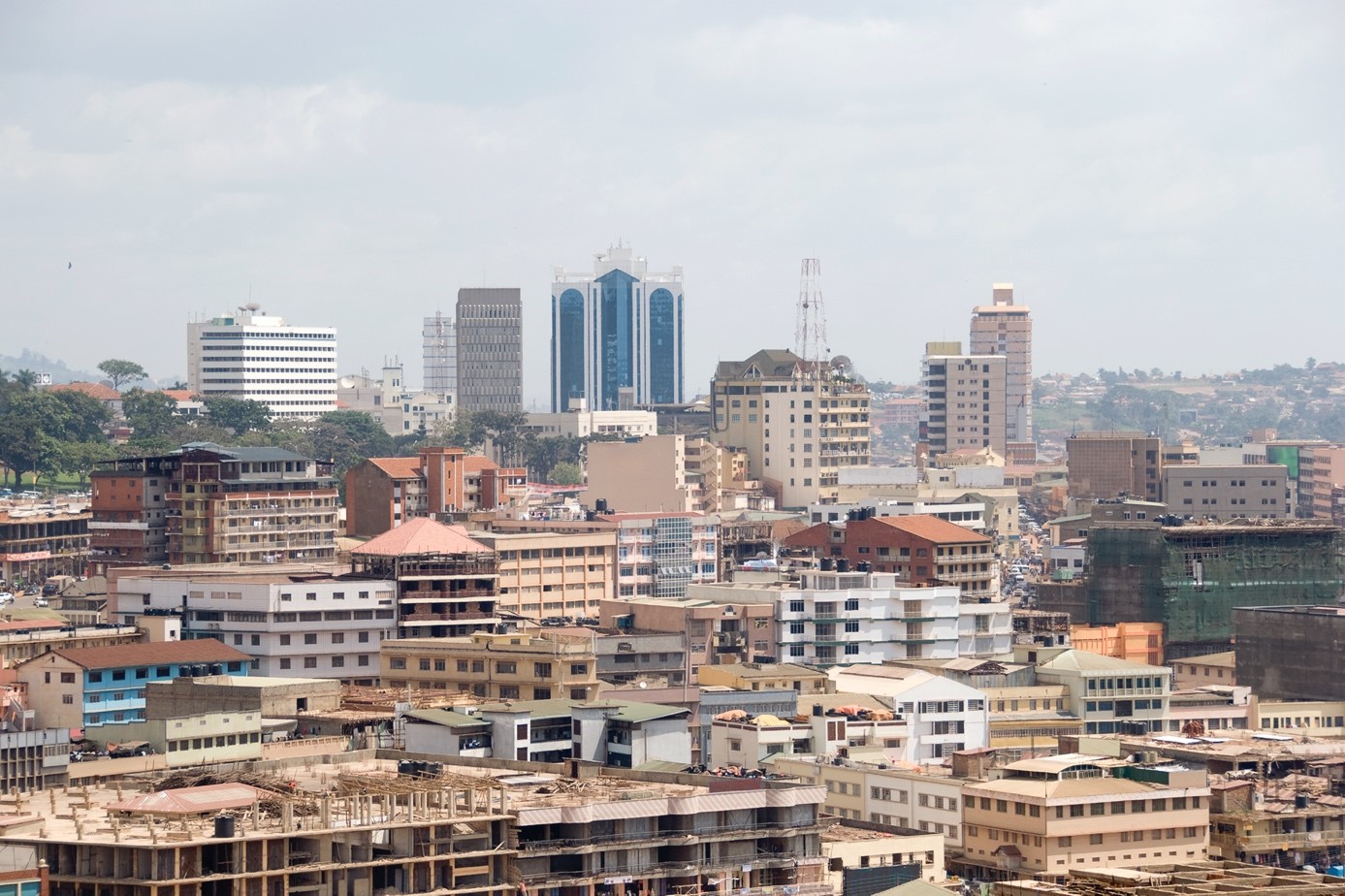Digital maturity of the local authority
What does the city mean by “smart city”?
KCCA understands a “smart city” as one empowered by information technology to deliver public services in an efficient and effective manner while responding to the needs of the citizens.
“A City that solves its core issues through innovation and collaboration, and applies new technologies and data for the benefit of all, that uses information and technology to better respond to its community and business needs.”
“A smart city promotes citizens’ happiness through efficient provision of services.“
Martin Ssekajja,
ASToN Local Coordinator, Kampala
What relevant projects have been done to date?
KCCA has recently begun a new IT strategy (2020- 2025), which focuses on transforming Kampala as a Smart City. The strategy aims to continue to improve on former achievements, while addressing incomplete parts of the former strategy.
The previous IT strategy laid out foundations on digital infrastructure, enhancement of internal and external communication, and implementation of an online revenue collection and administration system.
Transforming Kampala into a SMART City was a key pri- ority both the KCCA Strategic plan 2014-2019 and the city’s sustainability model. Some major achievements of the city are listed below.
E-Government
KCCA has implemented a revenue collection system that allows making payments via mobile phones using mobile money platforms, point of sale terminals, and banks to reduce cost of revenue collection and increase compliance. Automated taxes include trading licenses, taxi operations fees, property rates, ground rent, local service tax, local hotel tax, land fees, Sunday market, market dues and market rent, building plan fees, outdoor advertising and one-time payment fees such as medical charges for Yellow fever vaccination, agribusiness fees, and court fines among others.
Another project entailed private cloud for Kampala, which hosts more than 60 KCCA applications, including ecitie for revenue collection, GIS for handling geo- spatial data, CAM-CAMV for city addressing as well as property valuation, the traffic control center, and the zonal land information system. The private cloud is backed up with the support of NITAU on behalf of the Government of Uganda.
Finally, online systems have incorporated Computer Aided Mass Valuation of approximately 350,000 properties that will reduce the administrative cost of property administration by about 60%, and will increase collection by 200%. So far 63,952 houses have been added to the system.
Transport
The KCCA has completed a project to create a traffic control center, covering 15 junctions, which gives updates on traffic as well as the performance of the signals. A wide area network connects KCCA offices and 19 traffic signals, which has allowed for better communication between nodes.
Citizen Participation
Public engagement has been a strong success of digital projects in Kampala in recent years. The city lists 11 channels through which she communicates with citizens, including an SMS platform hosting 300,000 subscribers that receive messages.
The city also has a toll-free line that receives 1000 calls per month.
KCCA manages an interactive web portal for the authority, which has about 3000 visits per day, and hosts a wide range of regularly updated content. The portal is integrated with social media, for which the city boasts 196,000 Twitter followers and 62,000 page likes on Facebook.
What are the plans for the future?
All upcoming initiatives for Kampala are built around the new ICT strategy, with a theme towards a Smart Kampala. Identified areas for improvement from the previous strategy include improved street lighting, social inclusion, and projects on mobility.
The new smart city plan will focus on
• People: Connecting, supporting, and empowering citizens to innovate for sustainable development.
• Mobility: Improving the efficient movement of people and goods within Kampala.
• Governance: Openness and transparency, accountability with the use of digital services and technologies that improve customer service.
• Economy: Facilitating the success of existing businesses, and attracting innovative businesses and entrepreneurs to Kampala City.
• Environment: Supporting effective environmental monitoring and sustainability through technology
• Living: Applying Smart systems to improve quality of life, public services, and safety of citizens.
The key outcomes of the new strategy are expected to improve institutional effectiveness, client experience and the delivery of services through ICT.

How would you rate your capacity to conduct a digitization project? 5/5
Reasons given:
• Ingenious workforce
• Skillful potential in various IT hubs and academic institutions.
• Permissive regulatory atmosphere
• Access to affordable internet
• Presence of backbone supporting Infrastructure and key functional resources
Data gathered from a questionnaire shared with all cities in Phase 1.


